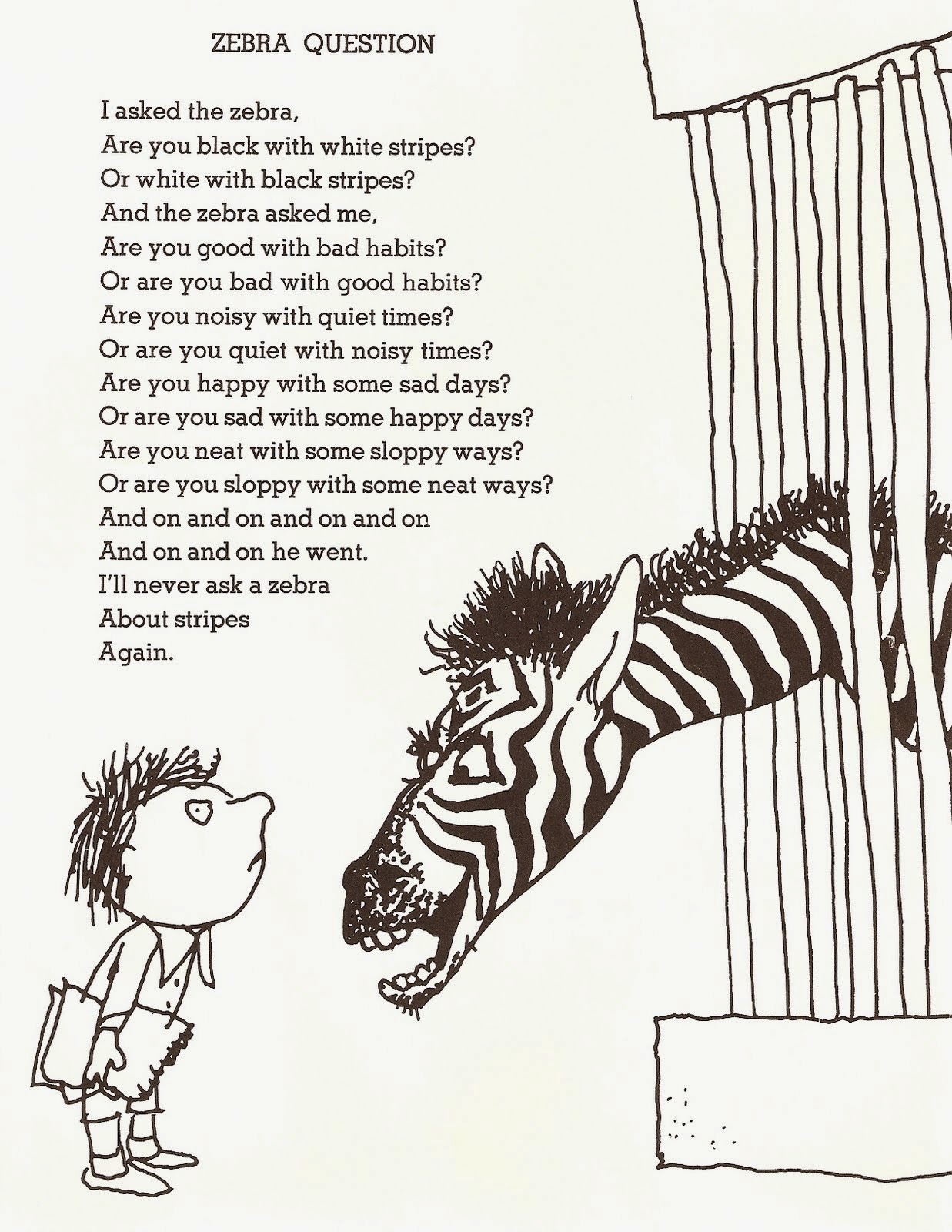“Stop being so dramatic!!”
“Uh, I’m sick of all this drama.”
“Why do you ALWAYS have to be so dramatic?”
Whenever emotions run hot and tempers flare it’s easy to throw around the word “drama” as an accusation. That can be problematic when the word is used used to dismiss someone and their feelings. Calling someone “dramatic” is a way for people to excuse themselves from dealing with the emotional turmoil of others. It provides (sometimes) false justification to ignore sincere attempts at communicating.
Then again, when someone is truly being dramatic, it’s destructive, demands attention, and brings down everyone involved.
So, how can we tell genuine intense emotion from unhealthy DRAMA?
The differences are quite clear when you slow down and take at look. David Richo outlines a few distinguishing factors in his book How To Be an Adult. (I love the title, but I don’t fully agree with all of Dr. Richo’s insights. I do find his review of drama extremely helpful.)
Think back to your last heated conversation and use the lists below to self-assess your communication style.
Dramatic Communication…
- Is meant to silence the other
- Blames the other of what you feel
- Masks fears related to your own lack of control
- Makes direct or indirect demands on the other to change
- Is violent, aggressive, derisive, and/or punitive
- Represses true feelings and motives
- Insists that others acknowledge how justified you were
- Creates distance between those involved
Healthy Communication (even when angry)…
- Is meant to communicate and share information
- Acknowledges sadness and disappointment
- Takes ownership of, and responsibility for, your own emotions
- Asks for, but does not demand change
- Is nonviolent and well-controlled
- Coexists with other feelings (in both people)
- Needs no response
- Moves toward trust and mutual understanding
This is a great structure for evaluating your own approach to difficult conversations and understanding where to set boundaries when other people start to unload their drama into your life. People who are comfortable with this aggressive, blaming, insincere style of communication generally expect people to meet them in the chaos or fold to their demands. By consistently using healthy communication, and acknowledging how their behavior has impacted you, boundaries can be established with clear expectations regarding how emotions are discussed in your interactions.
NOTE: If you revisit this checklist the next time you see, or are involved in, a dispute, you’ll notice that the gender stereotypes regarding “drama” disappear. The word has become associated with highly emotional women; however, men are just as likely to meet these criteria than their estrogen-rich counterparts.



